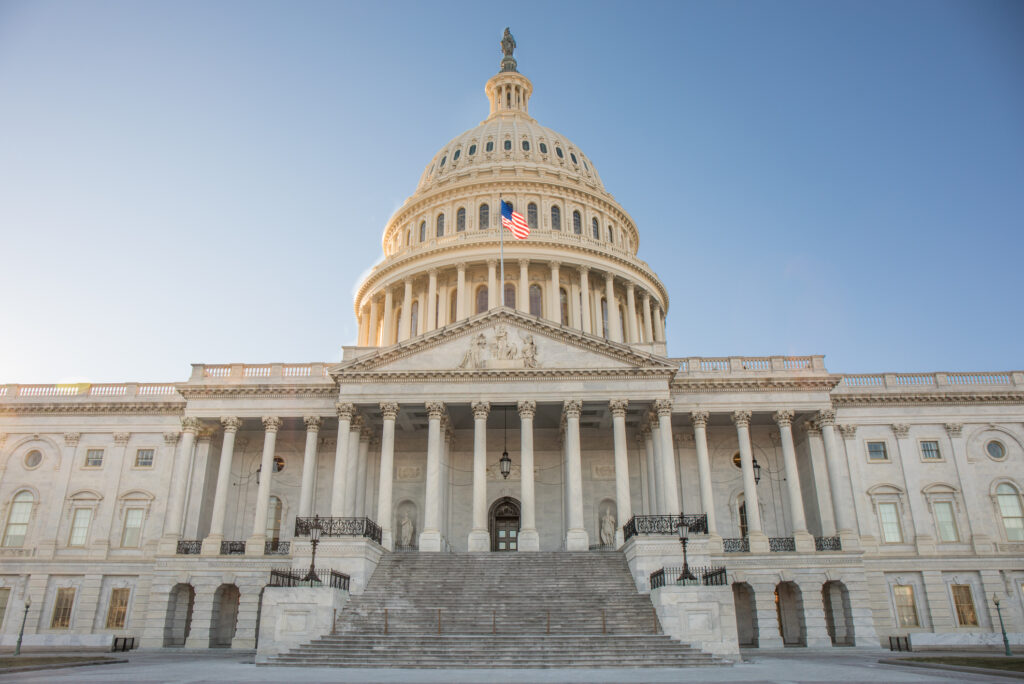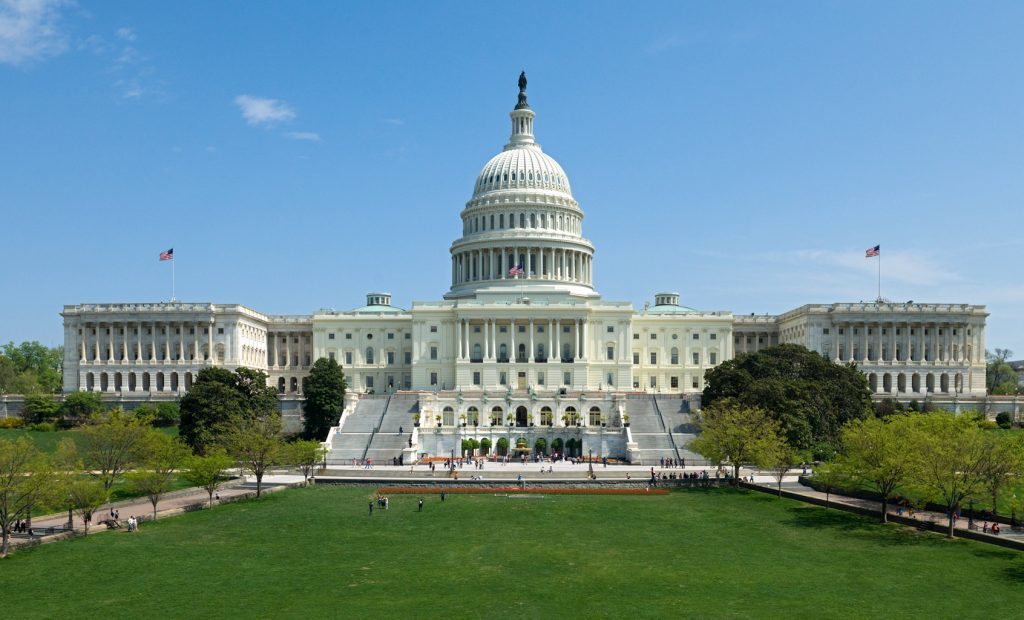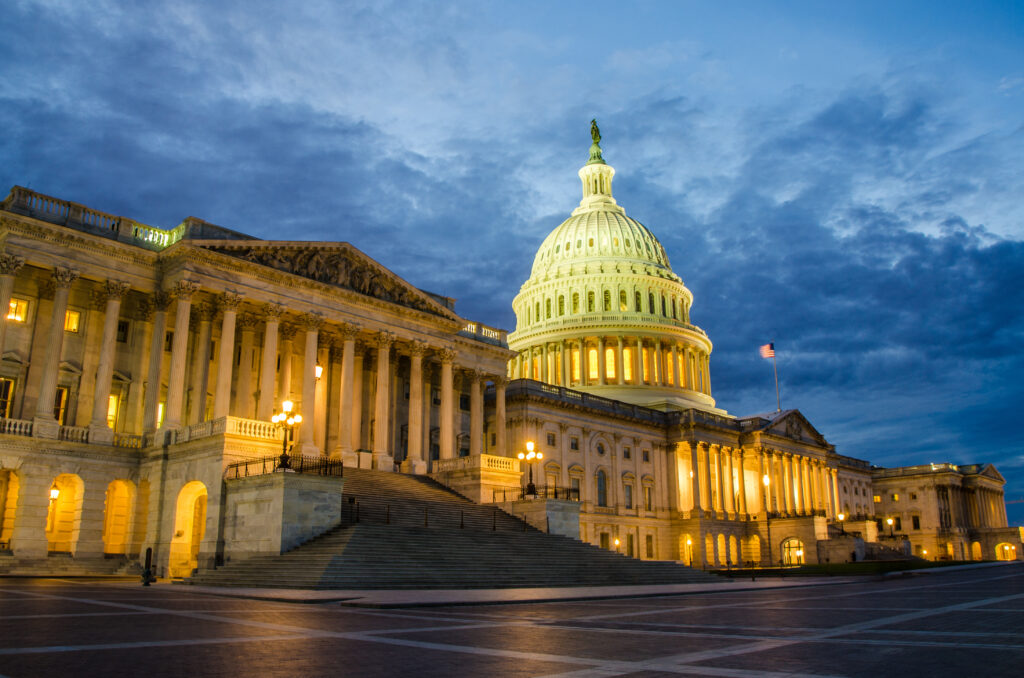House Education and Labor Committee Passes Build Back Better Act Provisions with Historic, Long-Overdue Child Care & Preschool Investments
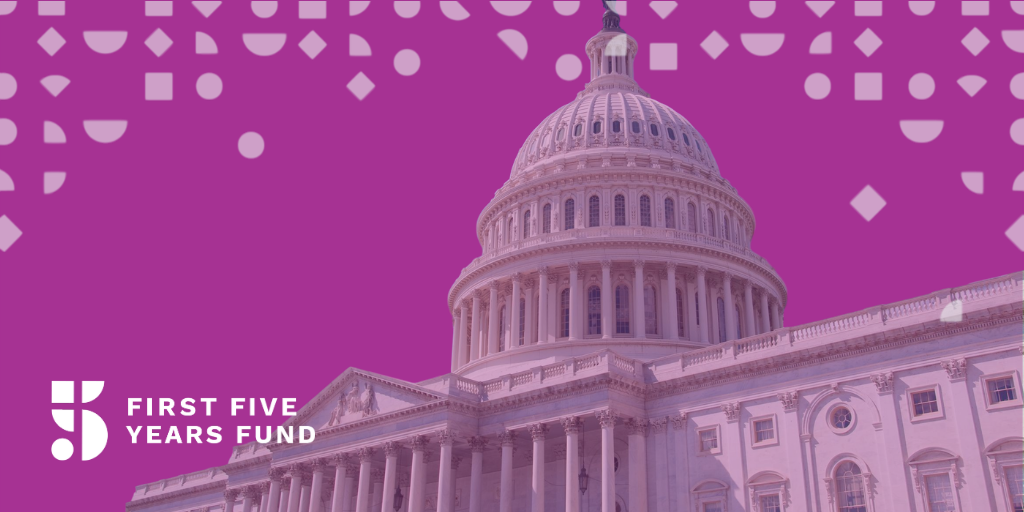
WASHINGTON – Moments ago, the House Committee on Education and Labor voted to advance a package of legislative proposals – its portion of the Build Back Better Act – which includes significant investments and reforms to strengthen America’s early learning system and make child care and preschool affordable for all families who need it. After a full committee markup, which included discussion from Democratic and Republican lawmakers about the crucial role of child care and early learning, the committee approved the proposal, which now heads to the House Budget Committee to be combined with other committees’ Build Back Better Act provisions.
“There’s no question that child care is an essential pillar of America’s economy, but families can’t find and afford high-quality options that meet their needs,” said First Five Years Fund (FFYF) Executive Director Sarah Rittling. “We are grateful to the leadership of Chairman Scott and the Education & Labor Committee for advancing this comprehensive package that will save working families thousands of dollars each year. The Build Back Better Act seeks to address America’s child care crisis by building a strong, stable early childhood system that prioritizes parent choice and high-quality learning opportunities for children in child care and pre-k. The current situation for families and child care providers alike is completely unsustainable and will only get worse without a significant, sustained support from Congress. We urge lawmakers to pass the Build Back Better Act to ensure no family is prevented from pursuing their American dream because they can’t afford child care.”
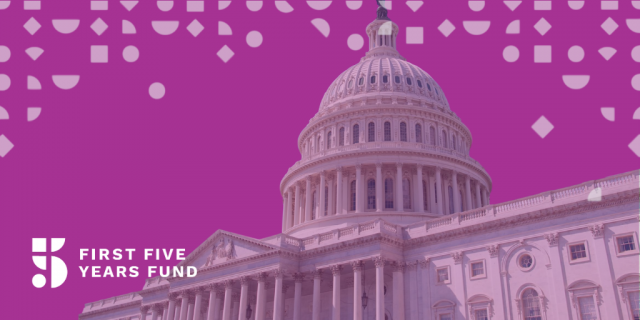
The measure passed today by the House Education and Labor Committee contains a number of provisions aimed at solving America’s child care and early learning crisis, reinforcing the benefits of a strong mixed delivery system that prioritizes parent choice. It also reflects the overwhelming research about early childhood development and setting important quality, safety, and licensing standards to ensure children are in high-quality settings.
Specifically, the committee package includes the following provisions for child care and Pre-K:
- Federal funding to make child care affordable for all families with children from birth through age five using a sliding scale for copayments in which families earning less than 75% of state median income (SMI) pay nothing and all families pay no more than 7% of their household income.
- Appropriates $90 billion during the first 3 years ($20 billion in FY2022, $30 billion in FY2023, and $40 billion in FY2024) and such sums as may be necessary in FY2025-FY2027 to build the supply of quality child care and support a phased-in expansion of income eligibility with a requirement for states to provide child care assistance to all eligible families by October 1, 2024.
- For FY2022-2027, appropriates $9.6 billion annually for Local Birth to Five Early Learning Grants to be awarded to localities in states that have not applied or been approved for payments under the entitlement program.
- Federal funding to guarantee access to high-quality, free, inclusive, and mixed-delivery preschool services for all three- and four-year-old children on a voluntary basis.
- For FY2022-2028, appropriates such sums as may be necessary to cover the federal share of the cost of universal, high-quality, free, inclusive, and mixed delivery preschool services.
- For FY2023-2028, appropriates $1.25 billion annually for grants to localities in states that have not applied or been approved for payments under the universal preschool program.
Additionally, the House Committee on Ways and Means is marking up its own portion of the Build Back Better Act, including $15 billion for child care facilities, funding to establish a Child Care Information Network that offers parents up-to-date information on available child care options, and the establishment of a Child Care Wage Grant program to increase wages for child care providers.
The cost of child care has increased 210% over the past three decades, well above family income growth, and it has increased considerably faster than other basic family expenses like housing. Under the Build Back Better Act, a family of 4 in the United States making $100,000 with children ages 3 and 5 would pay between $1,000 and $2,000 a year for child care – considerably less than the $10,000 families currently pay per year, per child on average. These proposed policies would aid the family in making ends meet by increasing their available income to spend on items other than child care by 18.8%.
Recently, more than 160 national, state, and local organizations and child care providers, led by FFYF, wrote to Democratic Congressional leaders with a clear message: Congress must include, and pass significant, sustained funding to address the systemic problems facing our child care and early learning structure as part of the upcoming budget reconciliation package.
Earlier this month, FFYF released the latest iteration of its annual state fact sheets, which draw on numerous data sources to offer details about the early childhood opportunities in each state made available through state and federal funding. In addition to information on funding and numbers of children and families served, the fact sheets include data on the impact of early learning and care on states’ economies, as well as the supply and cost of care in each state, which can limit parents’ ability to find and afford high-quality options.
After decades of instability and underfunding, new data from a survey of over 7,500 early educators paint a grim picture for the future of the child care sector in America. Even after crucial federal relief funding was successful in keeping many early learning facilities in business through the pandemic and preventing the industry from collapsing entirely, the existing structure of America’s child care market is unsustainable for families, providers, and the economy. According to the survey, 4 out of 5 child care centers said they had a staffing shortage and roughly 3 out of 4 say they’re losing workers to public schools, retail jobs, and warehouse jobs. Due in part to staffing challenges, programs that are open are operating at an average enrollment rate of 71% of their licensed capacity. Meanwhile, most parents can’t afford the high cost of care, and half of Americans live in a child care desert, with only one available space for every three children in need of care.
Underscoring the bipartisan nature of addressing the nation’s long standing child care challenges, FFYF’s national polling shows overwhelming support among Republican and Democratic voters nationally and in key electoral swing states for a wide range of federal early learning and care policy proposals, including increased federal funding for child care, expanded access to preschool, and child care tax credits for working parents. This indicates huge electoral advantages and virtually no political downside for lawmakers to support many of the policies included in this legislation.
The First Five Years Fund is the leading bipartisan federal advocacy organization working to ensure all children from birth through age five have equal access to affordable, comprehensive, high-quality care and education to support their healthy development and help them achieve their full potential in school and life. FFYF seeks to expand federal support for all early learning and care opportunities that are high-quality and focused first on serving those children most-at-risk. http://www.ffyf.org
###
Subscribe to FFYF First Look
Every morning, FFYF reports on the latest child care & early learning news from across the country. Subscribe and take 5 minutes to know what's happening in early childhood education.
